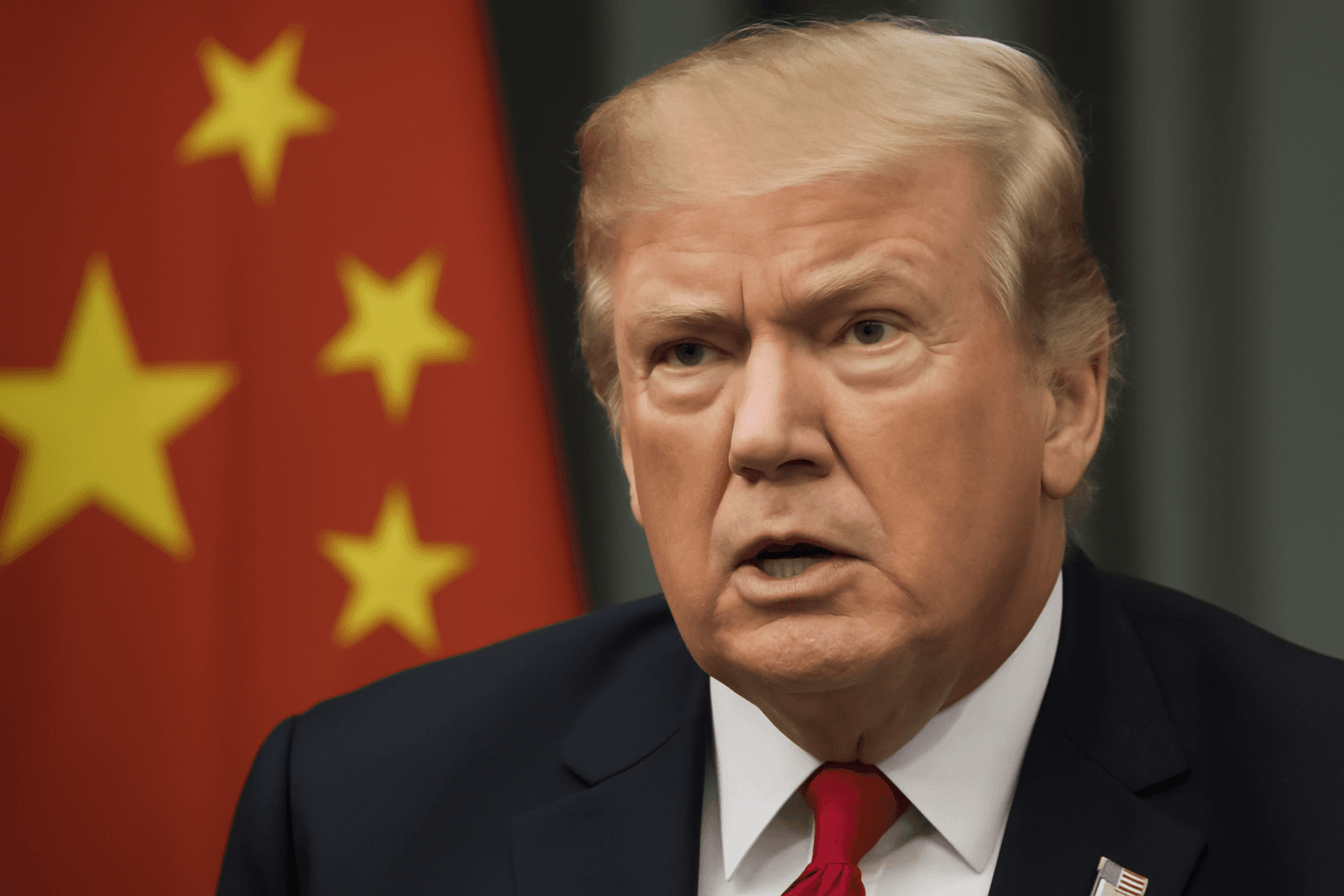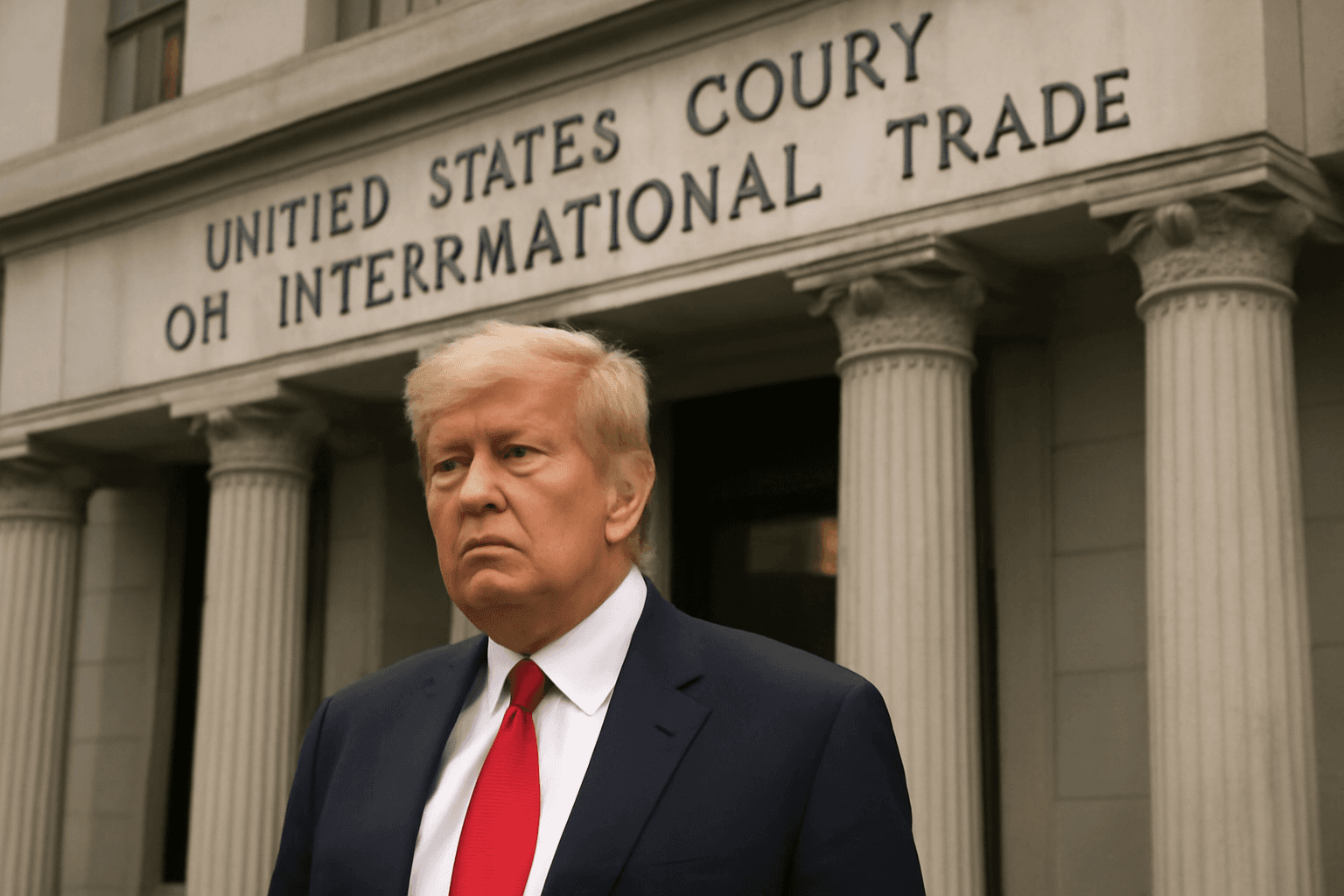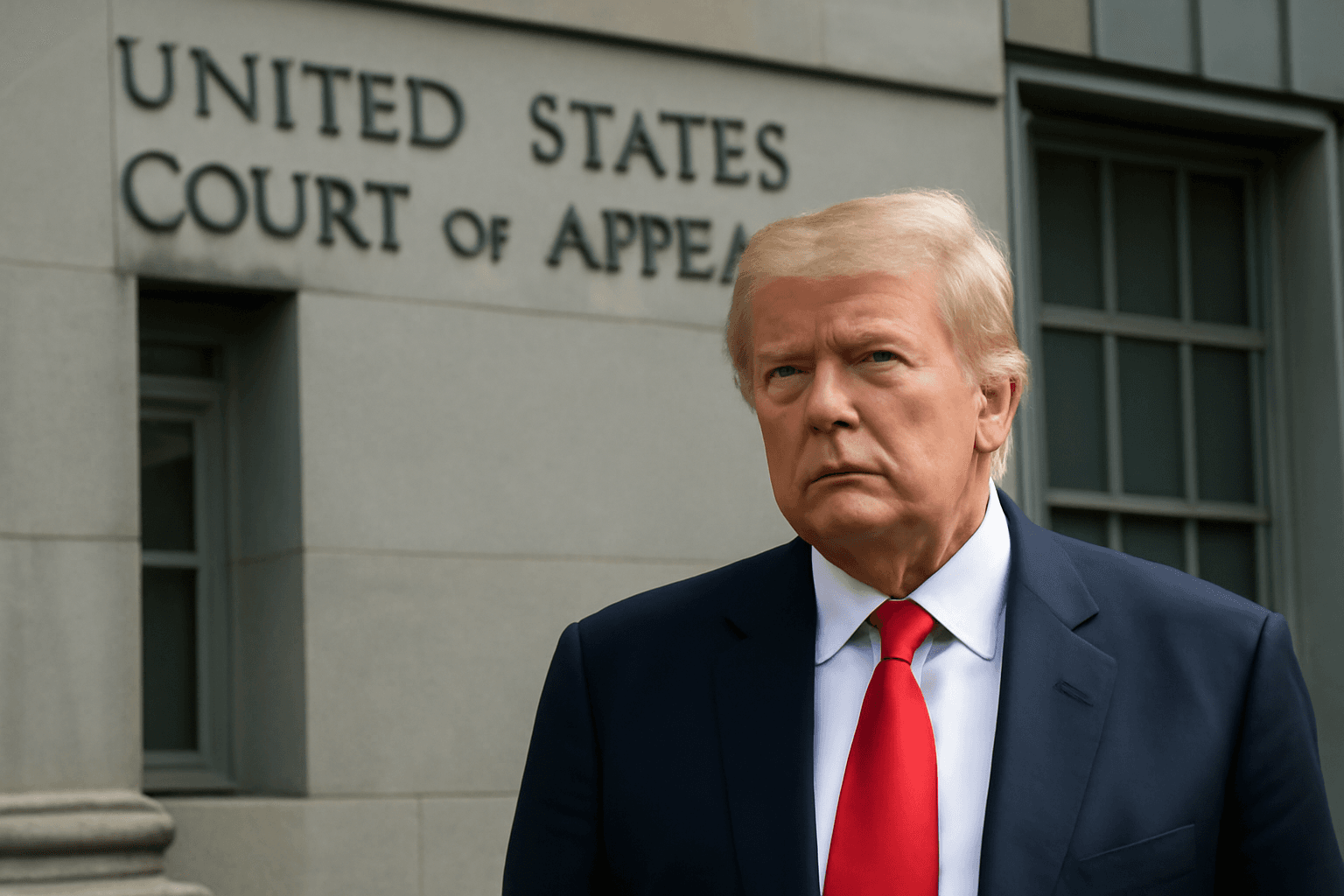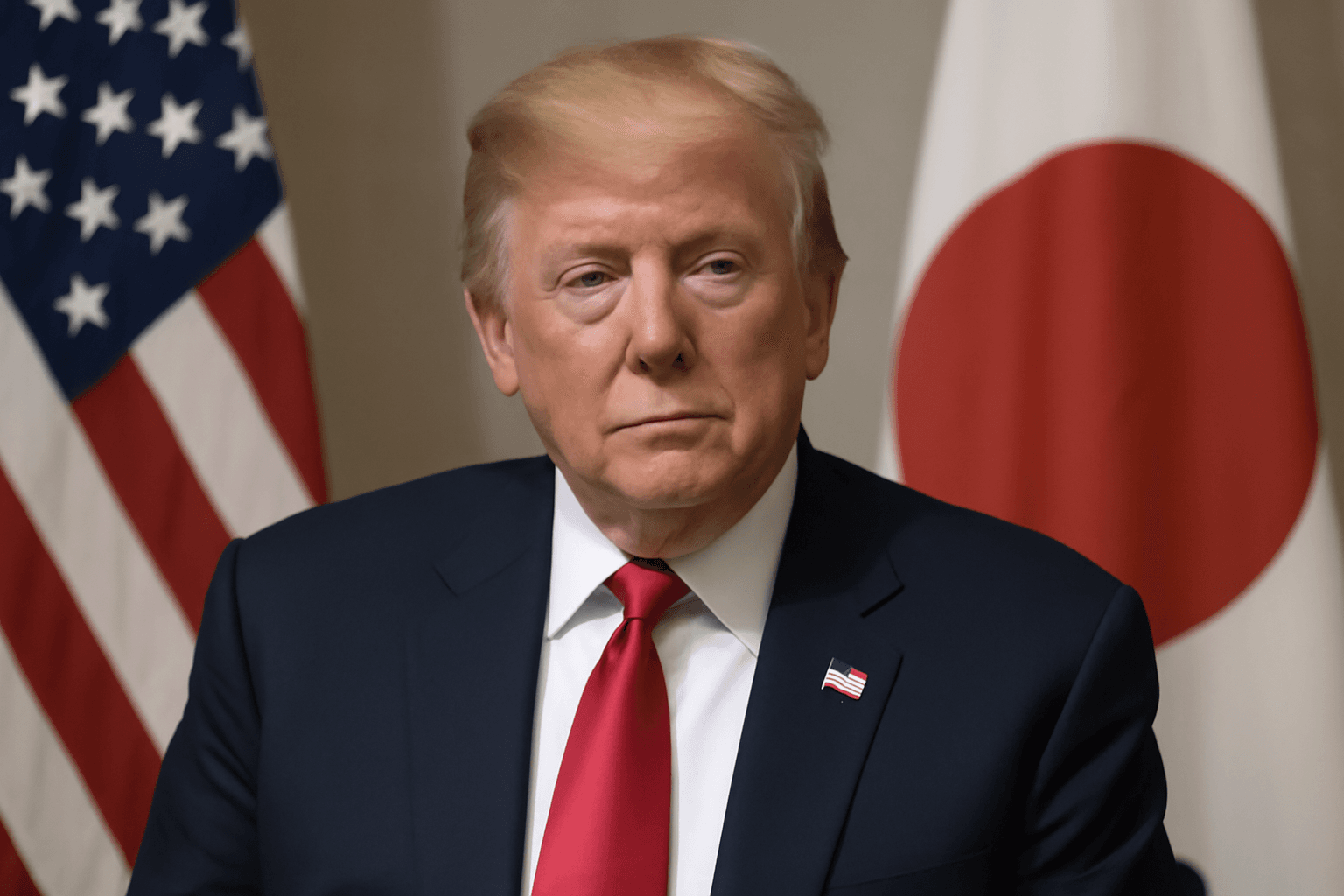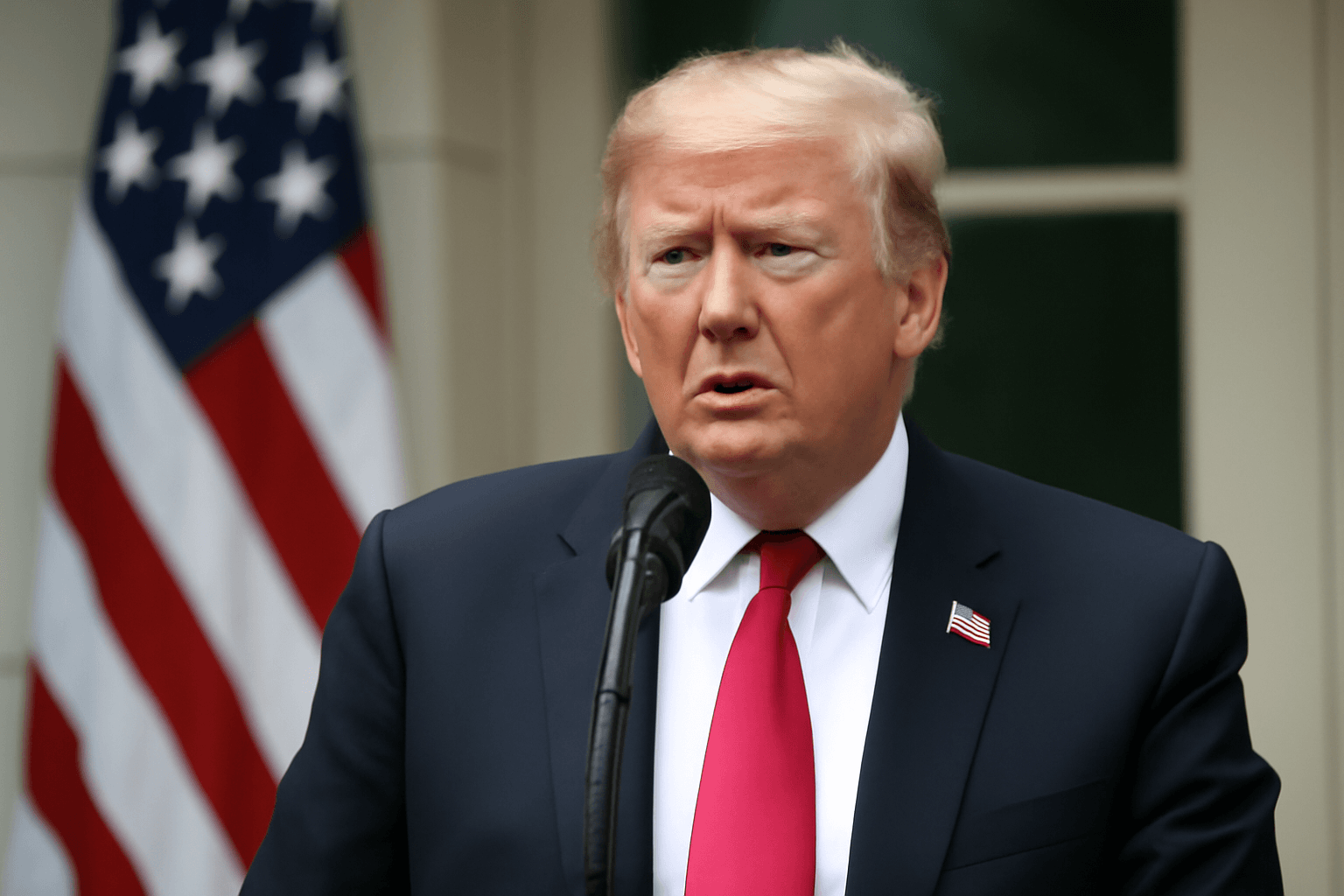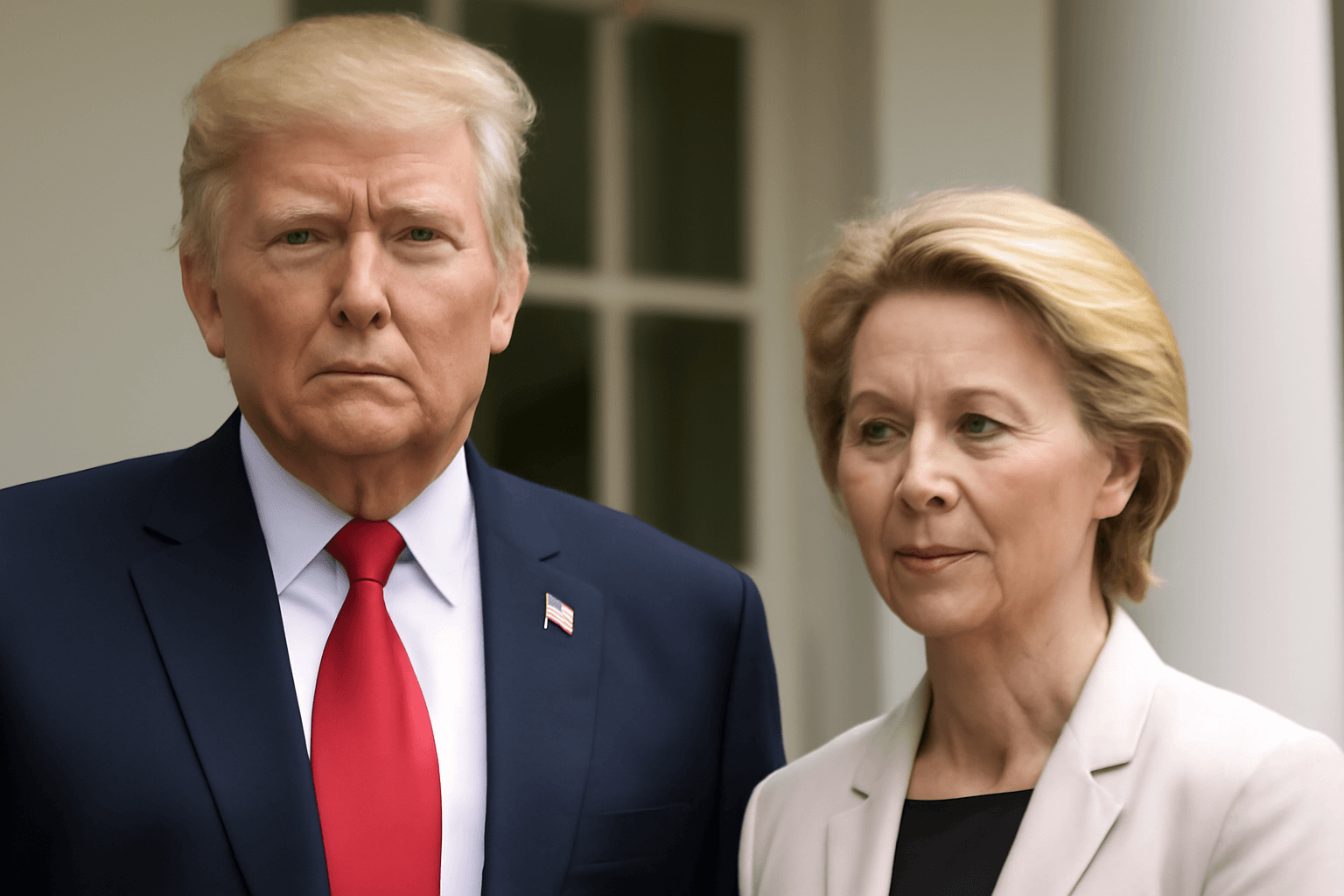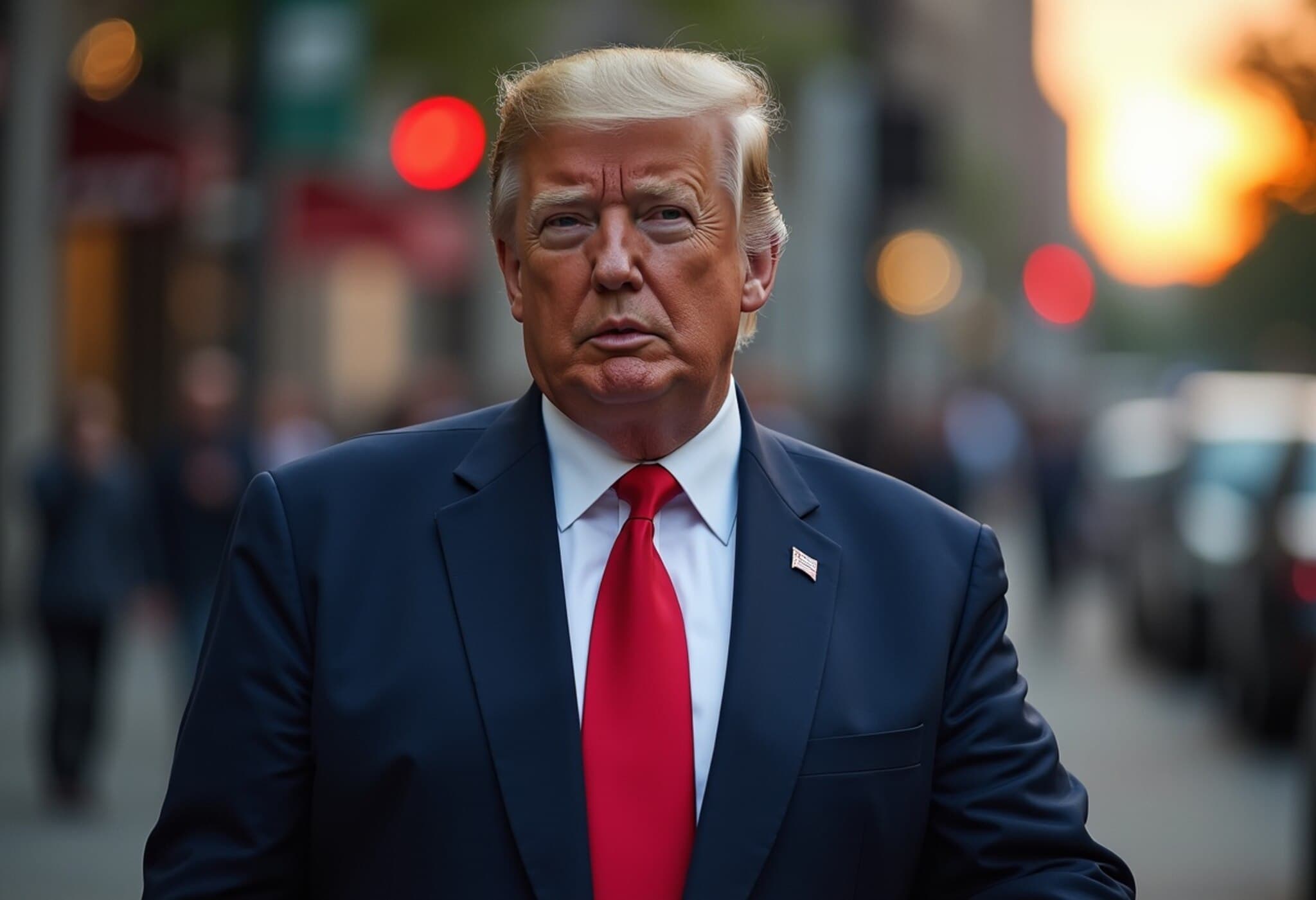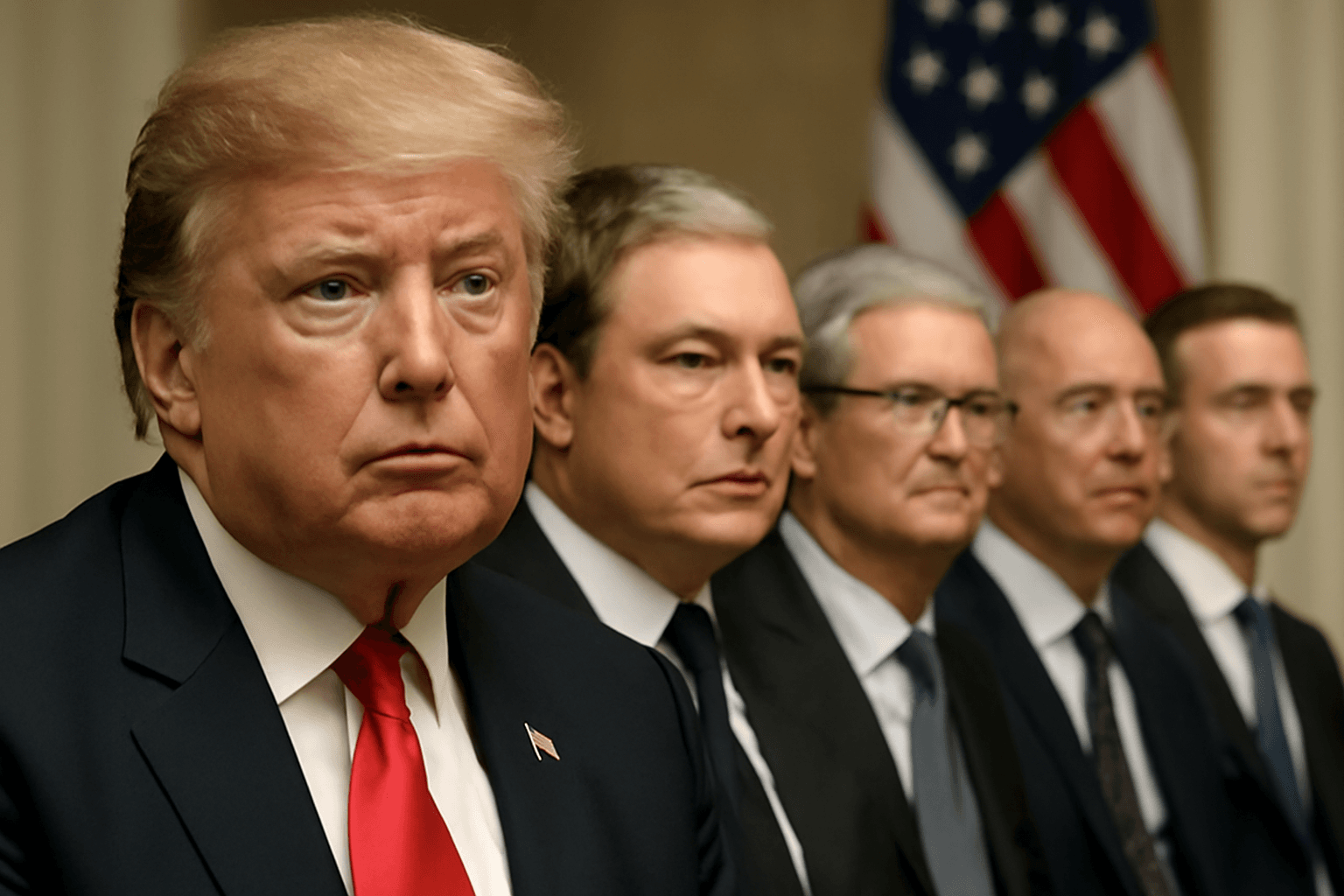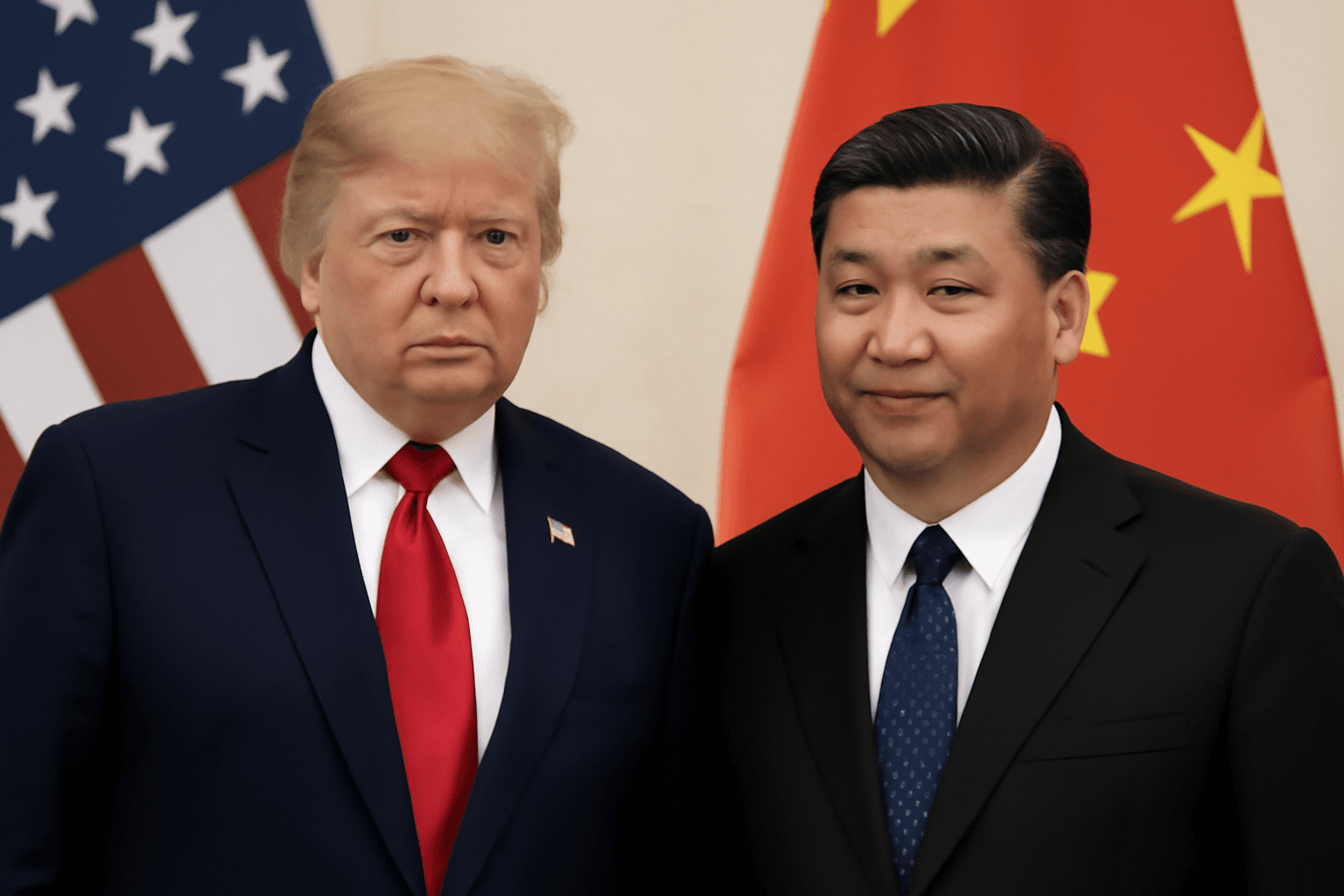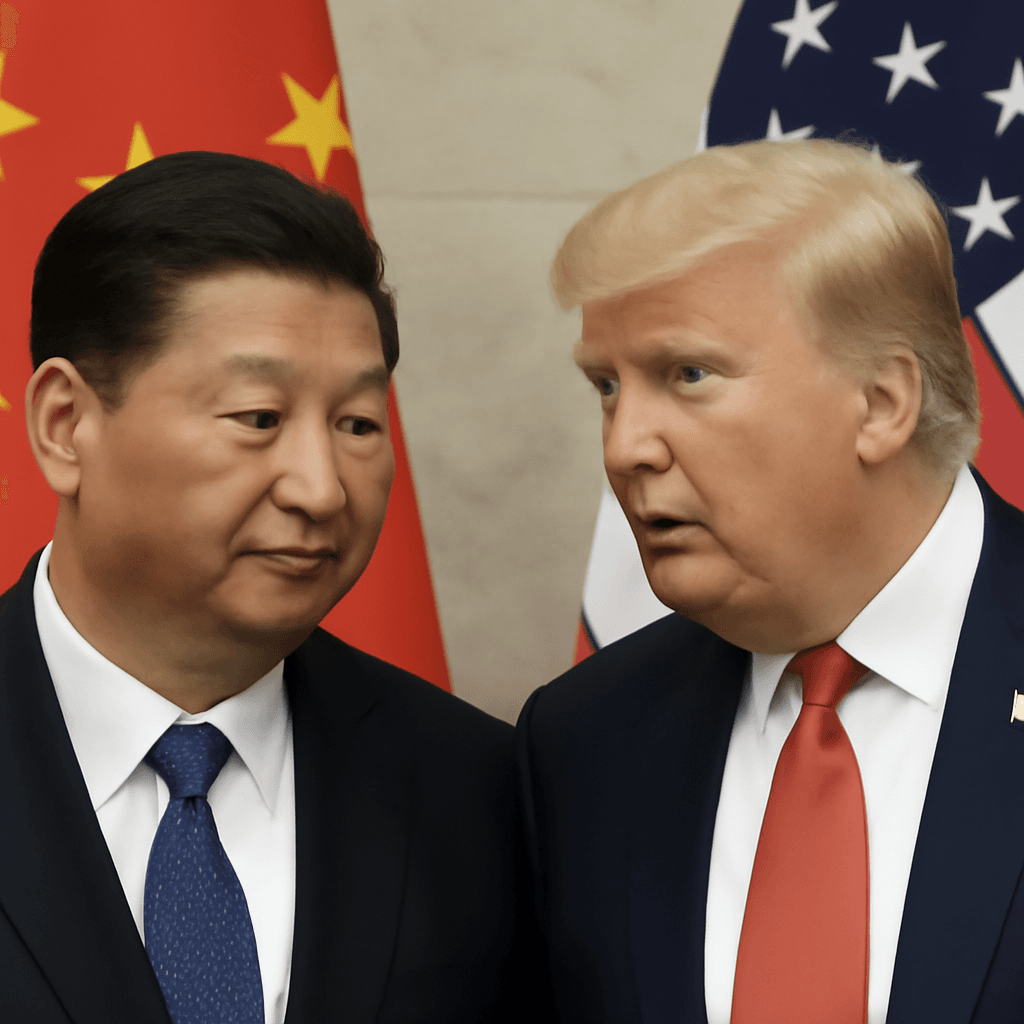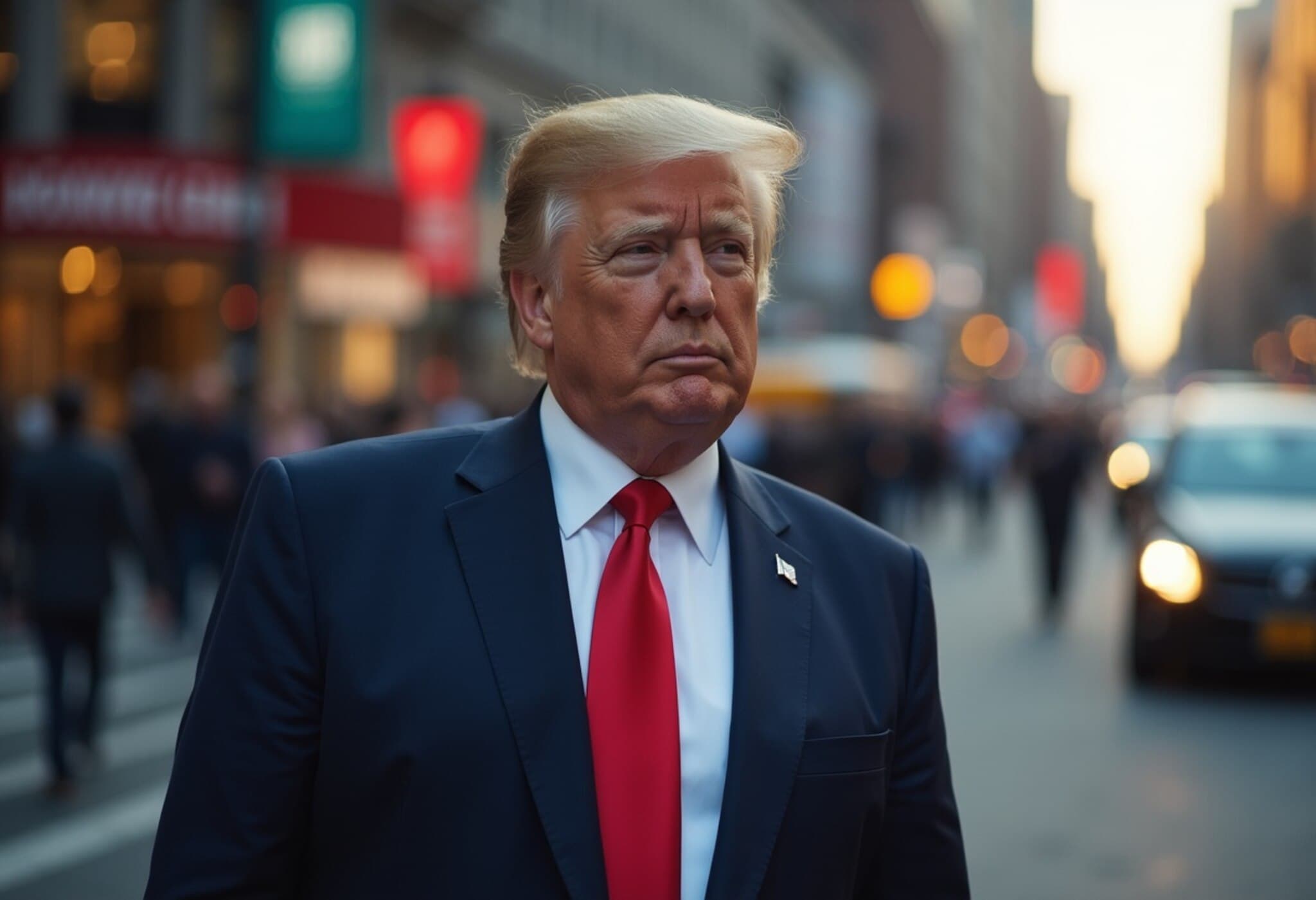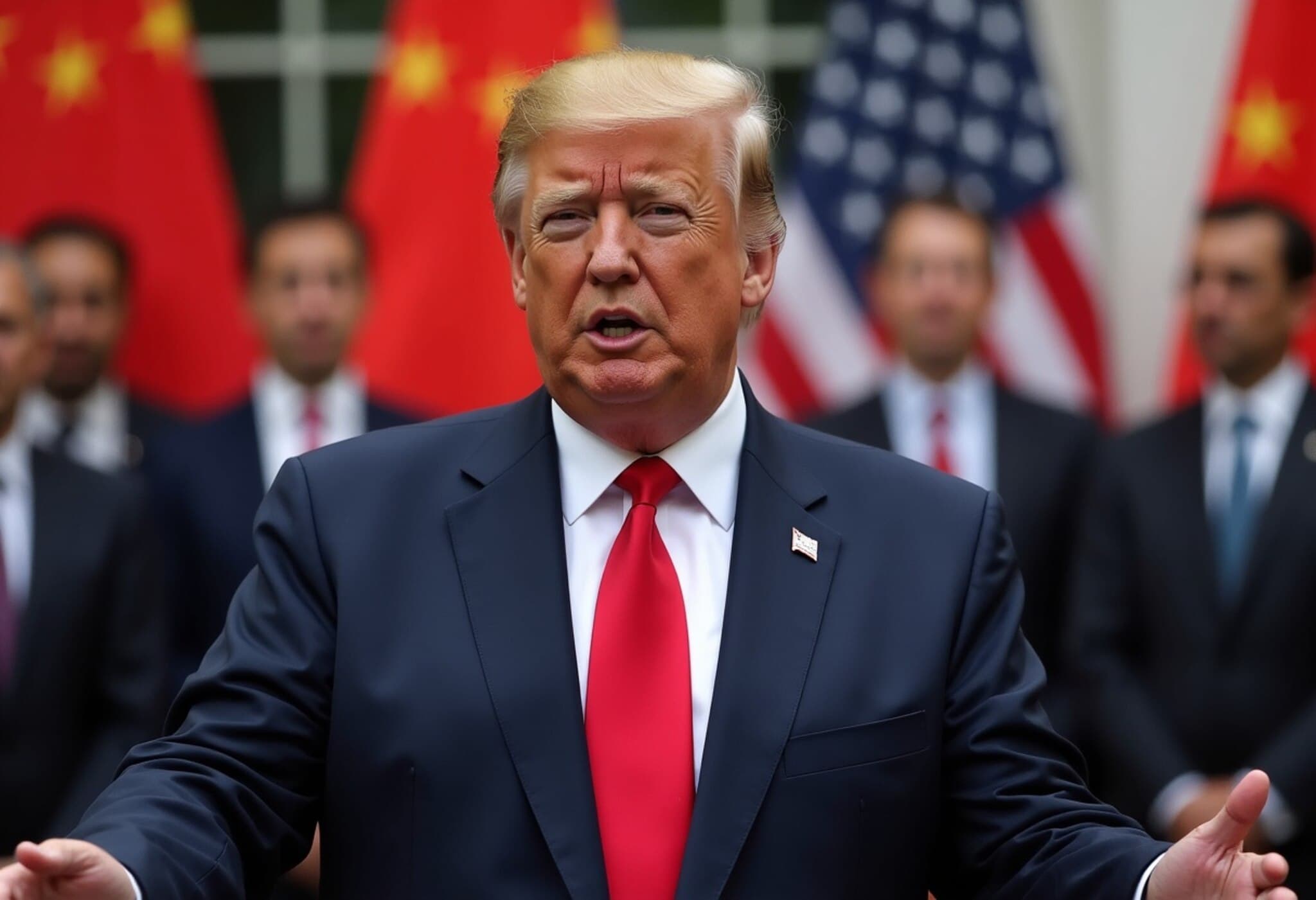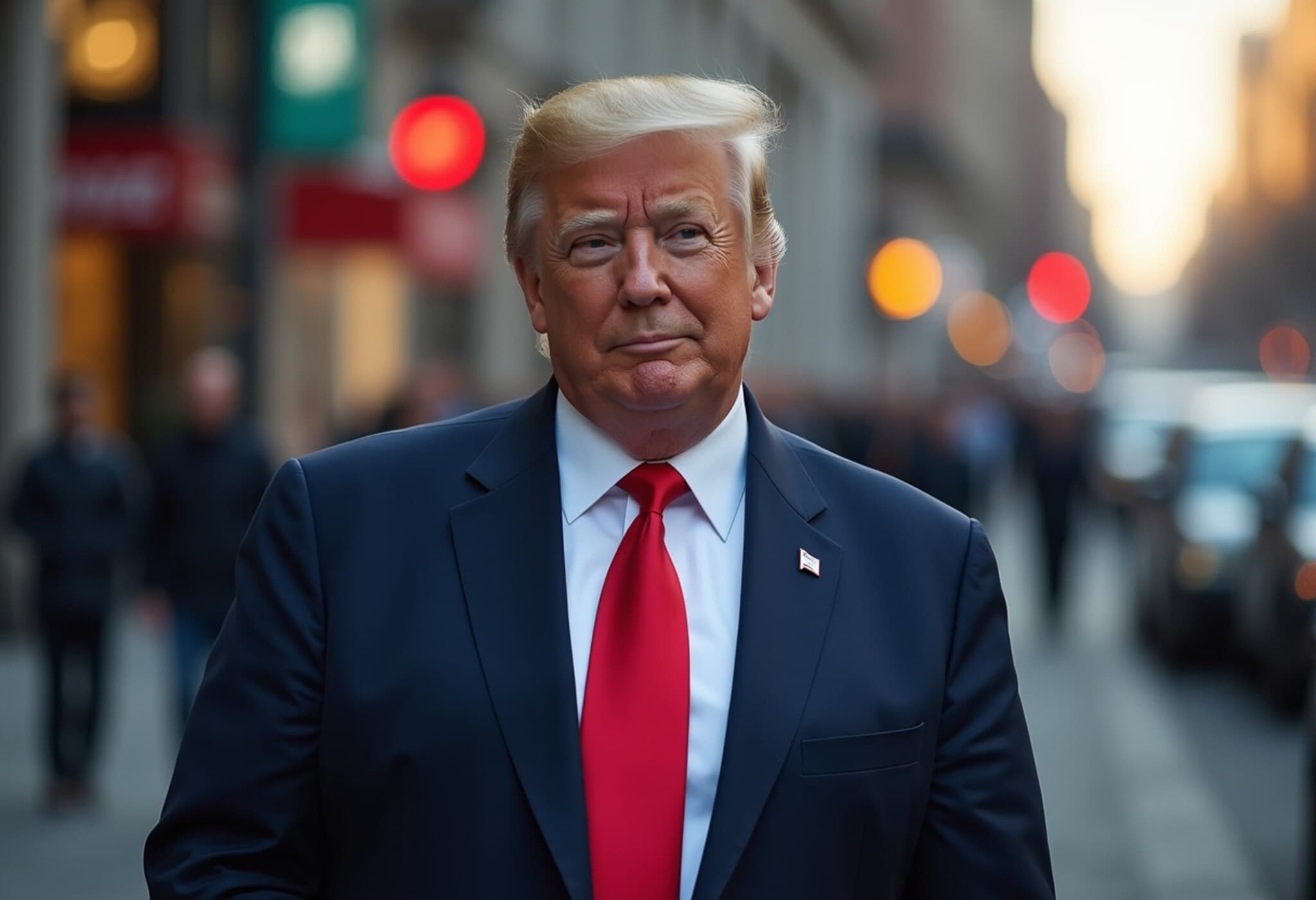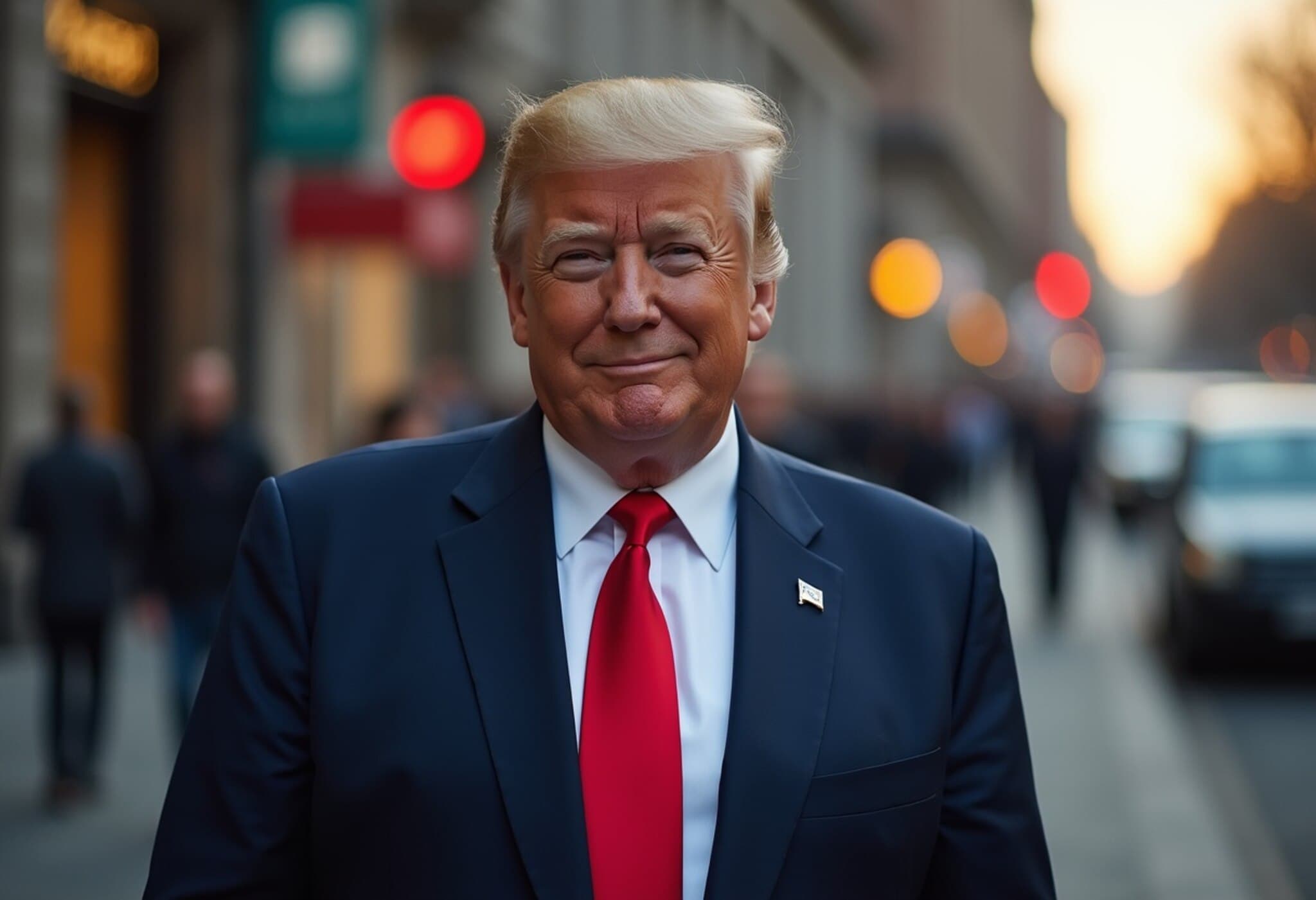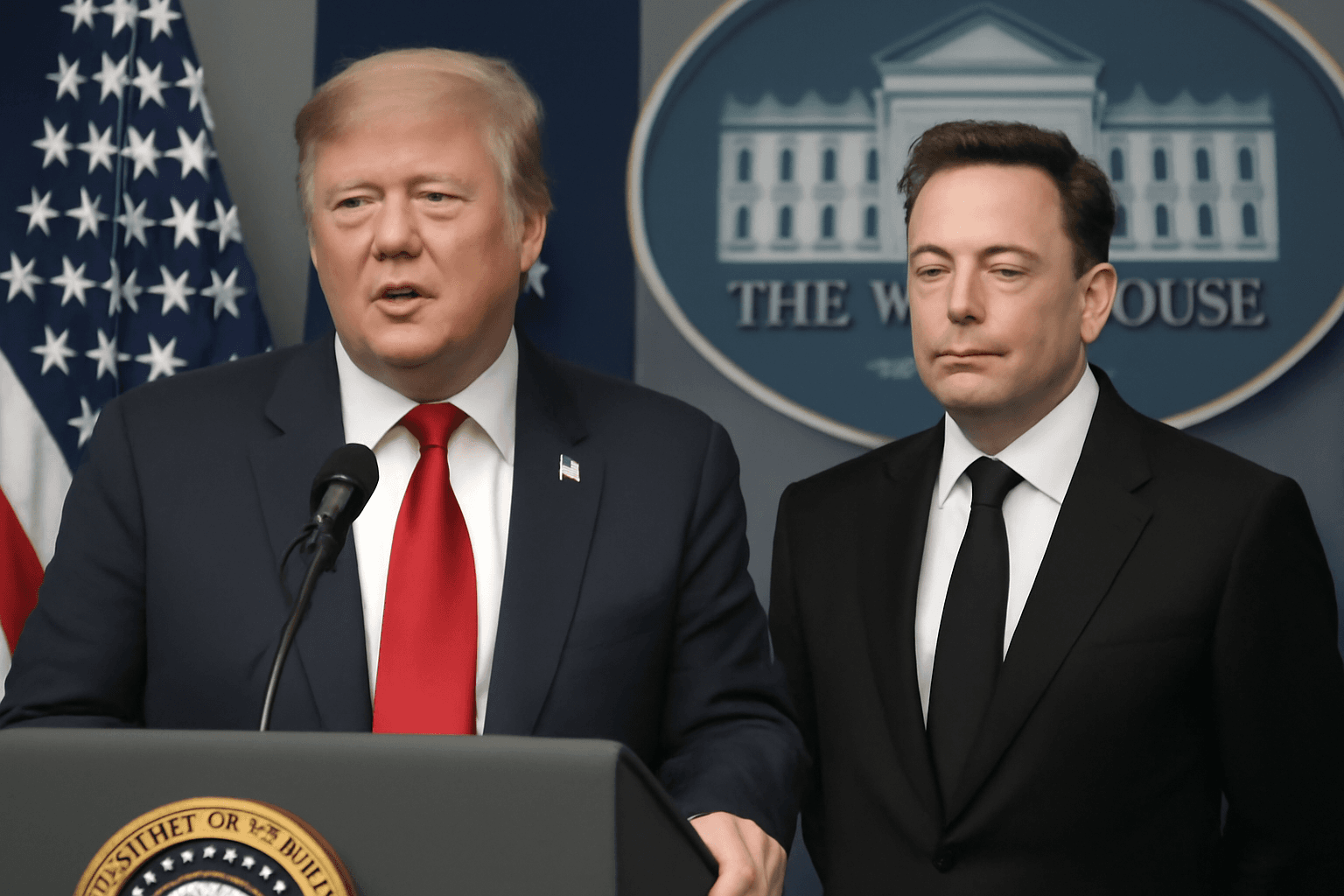Former US President Donald Trump has intensified the ongoing trade conflict with China by accusing Beijing of breaching the terms of a tariff agreement. Through a post on his social media platform, Trump highlighted China's economic turmoil two weeks prior, attributing it to the high tariffs imposed by his administration, which severely restricted Chinese access to the US market.
Trump stated that these tariffs brought China's trade activities to a near halt, causing factory shutdowns and civil unrest, which he sought to mitigate through a swift trade deal intended to stabilize the situation. However, he contended that China has since violated this agreement, ending his patience with a warning that he would no longer be "Mr. Nice Guy."
This announcement followed remarks by US Treasury Secretary Scott Bessent, who described trade negotiations with China as "a bit stalled," and comments from the US Trade Representative Jamieson Greer, who expressed concerns over China's slow compliance and labeled the situation as unacceptable.
Background of the US-China Trade War
During Trump's tenure, the US-China trade dispute escalated sharply, with tariffs peaking at unprecedented levels. Among these was a 145% tariff on certain Chinese imports, which significantly impacted China's manufacturing sector. The Purchasing Managers’ Index (PMI) for China dropped to a 16-month low, reflecting reduced factory activity and export orders. Estimates indicated cargo shipments decreased by up to 60%, contributing to overall economic slowdown.
Details of the Trade Agreement
In May 2025, a landmark trade deal was negotiated in Geneva. The United States and China agreed to reduce tariffs by 115% while maintaining a 10% tariff on certain goods. China also committed to lifting retaliatory tariffs and suspending non-tariff trade barriers against the US. The Trump administration regarded this pact as a major achievement to curb unfair trade practices and reduce the US trade deficit.
Renewed Trade Frictions
Despite initial improvements, the trade relationship has deteriorated, with Trump alleging a full breach by China of the agreed terms. This escalation coincides with US measures targeting China, including visa revocations for Chinese students and restrictions on technology sales to Chinese companies. US officials have voiced disappointment over China's failure to ease export controls on rare earth minerals critical for advanced technology manufacturing.
The tariffs and ensuing trade war have adversely influenced both economies. The US experienced slowed economic growth, rising consumer prices, job losses, and market instability during early 2025. Inflation spiked as increased costs were passed on to consumers, while financial markets reacted to heightened uncertainty. Conversely, China's economy faces contraction pressures, with growth forecasted below official targets despite stimulus efforts. Beijing has retaliated diplomatically and through export controls, warning allies against compliance with US trade restrictions and threatening countermeasures.
These developments underscore the persistent volatility in US-China trade relations, revealing ongoing challenges in balancing economic interests amid geopolitical tensions.

